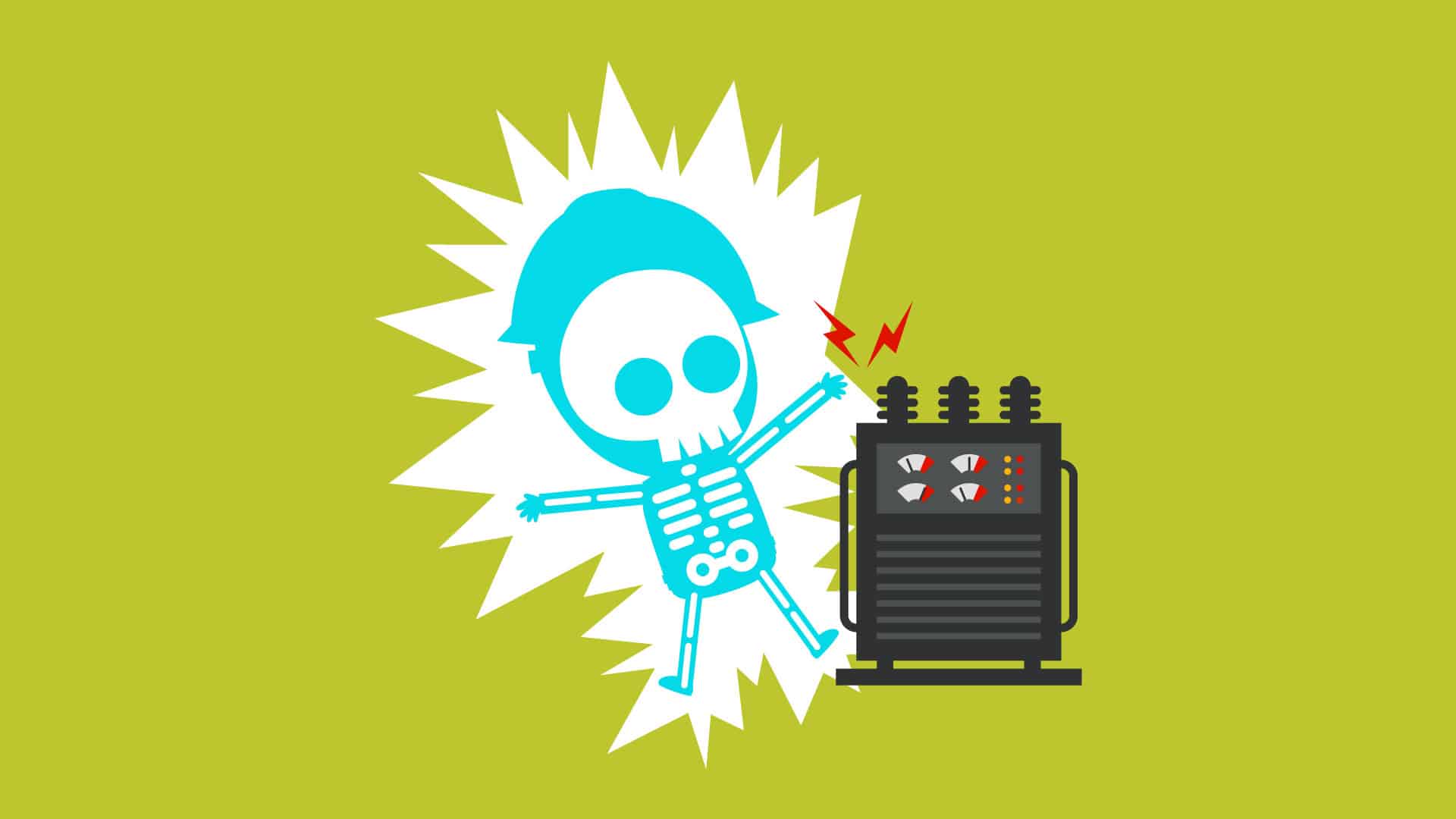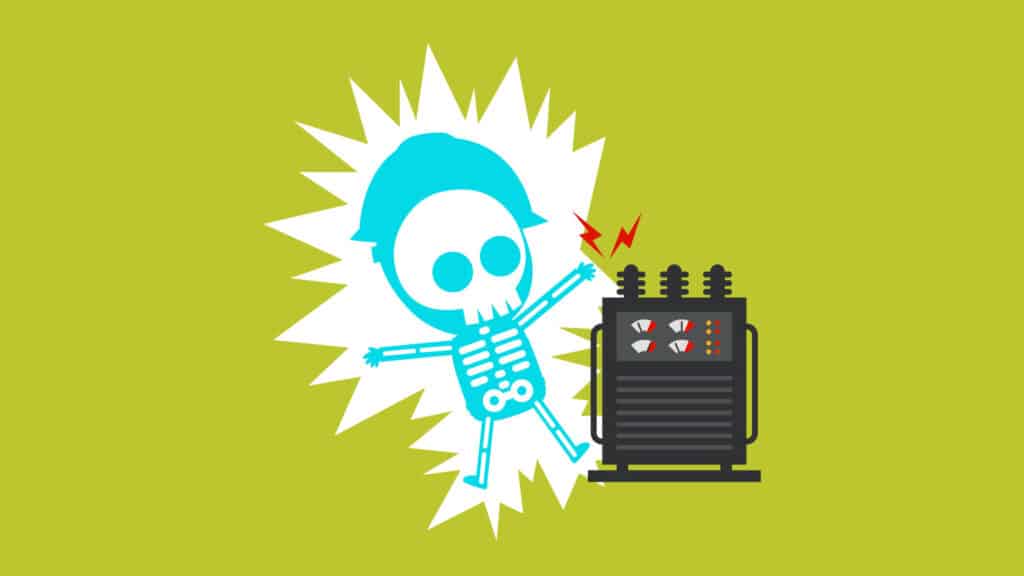I’m launching a new website. What will happen to my search rankings?

This is a question we get asked quite frequently – and it’s not because we don’t know the answer – but it’s because “it depends.” Understanding what happens to search rankings after a new website takes a keen understanding of digital marketing and the web. Let’s discuss.
What is SEO?
To explain what happens to search rankings after a new website, we first have to start with SEO.
SEO, also known as search engine optimization, is the process of improving the quality and quantity of traffic to a website from search engines. It requires a plethora of strategies – on-page SEO, off-page SEO, PR, social media, video, etc. It can be some, none, or all of these elements to find success. Ranking for any keyword or key topic organically is a journey – not a race. And, it takes some strategic understanding to “rank” on the first page of any search engine – whether that is Google, Bing, Youtube or Amazon.
There are tons of SEO experts out there, they refer to themselves as “SEOs” or search engine optimizers, that will claim that they know the answer to this question and any question regarding SEO. But, as Sir Winston Churchill might say, SEO is really “a riddle, wrapped in a mystery, inside an enigma.” SEO is a constantly evolving puzzle that takes years to understand and constant review of search engine algorithm changes and behavior.
What can I expect when I launch a new website in relation to search?
When a new website launches, a few things have changed:
- The website structure has likely changed;
- Pages have likely moved from their prior locations (i.e. the About page once found at /about-us/ may now be found at /about/)
- And, the look of your website has been significantly modified.
To do these things, developers literally rebuild the entirety of the structure of your website top-down. The hope is that the site is more user-friendly, faster and more functional for your website visitors while also meeting new expectations in technology. However to search engines, it’s a bit different.
Consider this – your husband or wife leaves for work. You both come home that evening and your significant other shows up driving a new Bentley in a new tailored outfit with brand-new Off-White Jordans, a new haircut and has lost 50 pounds. Ummm, huh?
This is how search engines react. WHAT JUST HAPPENED?!?!?!
Site Shock: What HAPPENS TO SEARCH RANKINGS AFTER A NEW WEBSITE?
We at Forum refer to this moment as “site shock” (maybe we should trademark the term).

When Google, or any search engine, revisits your new sitemap it must re-evaluate your validity. They are considering the following:
- Are you still credible?
- Do you still have experience, expertise, authority, and trust (EEAT) in your given industry?
- Is your content better, worse, or the same as before the site change? Is it less or more authoritative?
- Is your site faster and more mobile friendly? Is it even, dare we say it, mobile-first?
- Did you lose value or valuable links from sites that once linked to you for domain authority?
- Did you remove a lot of pages? Did you add a lot of pages? Did you move pages in such a way that your sitemap now has deep folder structures (i.e. /about/careers/account-manager/specifications)? Did you bury previously top-level pages (/about/ is now in /e/a/b/about/)?
- Should you be penalized or are you breaking Google’s terms of service with the new update?
- Do you now have duplicate content on your site?
- Is your website secure?
- Did you implement 301 redirects properly?
- And, a variety of other items.
While websites are constantly evaluated for the things mentioned above, when everything changes rapidly, search engines “take a breath” and try to determine what your new value is to search engine users. For many businesses, sometimes it can be shocking to spend money on a new website to see your organic website traffic drop after a launch. 90% of the time, these drops occur. You typically can expect – at least from our experience – as little as 5% and as much as a 50% drop in your organic search traffic at launch. However, over the course of a few weeks, that tends to improve and typically (especially if SEO is part of our package of services for you as a client) you’ll see continue improvement over the coming months.
A Cautionary Tale
As I mentioned at the outset of this blog post, the answer is usually “it depends” and for good reason.
A few years ago, one of our clients made the decision to change their brand name to better encapsulate their services. In doing so, they made the decision to change their domain name as well. So instead of being, let’s say “samsdoorshop.com” they became “samscarpentry.com.” One of their greatest concerns was what would happen to search rankings after a new website was developed. Having been involved in website launches now for nearly 20 years, I had the same concern.
In making the change, we reached out to all of the major websites that linked to their prior site and begged and pleaded for them to change their link to the site to go to the new URL and many obliged. Sometimes that was simply logging into the site and changing the link and others, well, it took emails and phone calls to make the updates occur. We also had to be very mindful of how we re-directed links from the old website URLs to the new URLs.
At launch, site shock was severe. Organic traffic collapsed – but having explained this to the client in advance – they were prepared for the fallout. While it took some time, we were able to navigate our own SEO strategies to get their rankings back to pre-launch levels and exceed them.
So, how the shock of a new website affects your business is dependent on a lot of different factors. However, knowing this happens is just part of your digital journey. Rest assured that if your new site is built by a reputable company with a quality team or your agency partner offers quality search marketing services, – like Forum – you should have nothing to worry about over the near and long-term.
Back